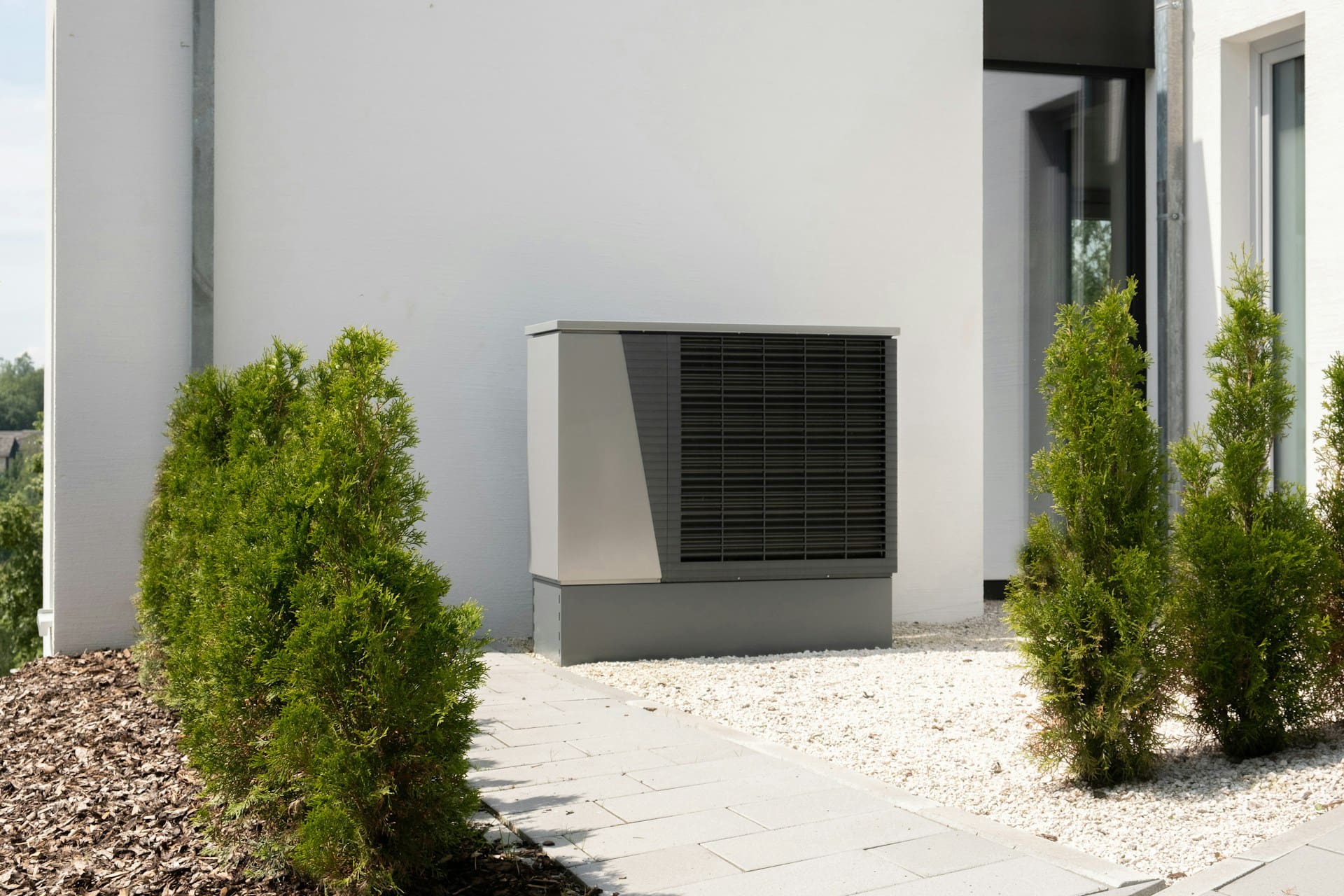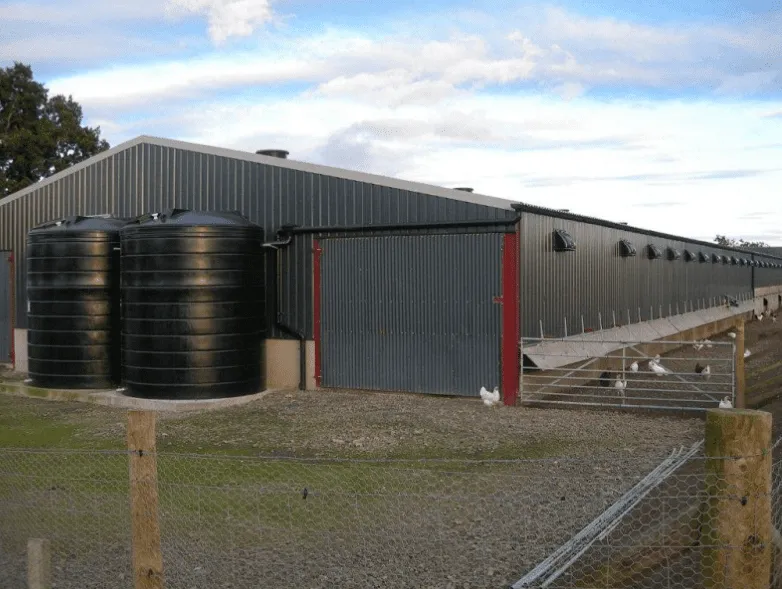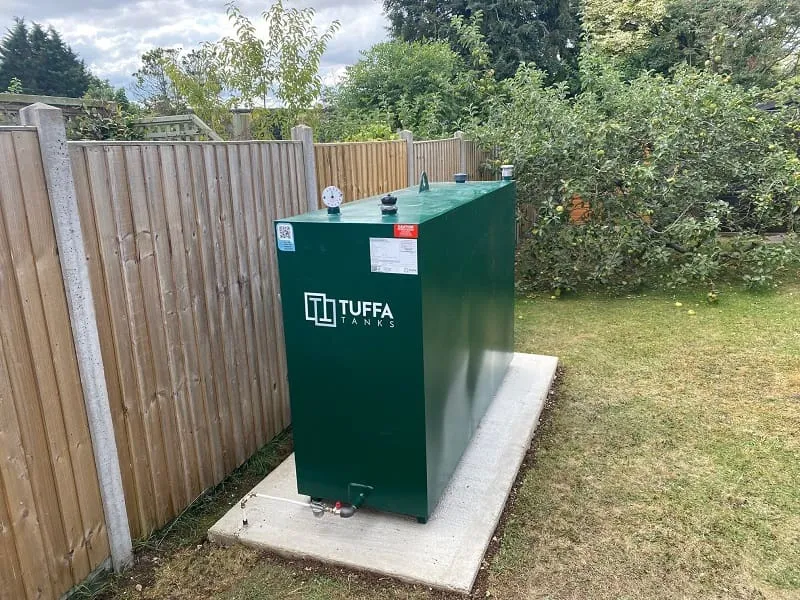
Kerosene is used to heat the homes of around 1.5 million UK households and accounts for approximately 10 million tonnes of C02 emissions annually. Domestic and commercial heating creates around one-third of greenhouse gas emissions in the UK. With ambitious aims to become carbon-neutral by 2050, reducing this figure is obviously high on the government’s agenda.
To help reduce emissions and meet strict targets, the UK Government have pledged £100m to fund low carbon heating strategies but have so far failed to recognise biofuel alternatives. In what has been labelled a ‘boiler scrappage scheme’ the government’s Renewable Heat Incentive offers a £4,000 grant for those replacing boilers with heat pumps or in limited cases biomass – the average costs of these usually exceed £10,000. However, less than 1% of households have swapped from oil burners. That’s no surprise considering many of these homeowners have low-medium income, and even with a £4000 grant, they could still require £6000 capital for the heater. Additionally, heat pumps and biomass are low-temperature technologies and require a minimum EPC of ‘C’ to work effectively. More than half of oil heated homes are EPC ‘E’-‘G’ and it would cost approximately £15,000 in retrofitting to bring them up to the required EPC ‘C’.
Hydrotreated Vegetable Oils (HVO) is a revolutionary new fuel which is a fossil-free, sustainably produced, renewable paraffin which derives predominantly from waste cooking and vegetable oils. HVO is a near drop-in alternative to heating oil which can be blended with kerosene or used 100% pure. Compatible with existing oil tanks and pipelines, the biofuel requires minimal adaptations to existing boilers costing an estimated £300-£600. Because the heat output of HVO matches kerosene, homes don’t need to be EPC ‘C’ for heating to work effectively.
Most importantly, HVO heating shows nearly a 90% reduction in C02 emissions compared to kerosene. Independent evaluation confirms that running HVO in a high efficiency condensing boiler offers the highest carbon-reducing potential of all heating technologies currently available including heat pumps and biomass. Reportedly, heat pumps won’t match HVO’s low carbon intensity until 2040.
Following from initial laboratory test, successful field trials have been undertaken in the UK with November 2020 seeing the first domestic property to fully replace kerosene with HVO. The liquid fuel sector are now planning on making a 100% HVO biofuel available 2025 and with proposals to move to a HVO-kerosene blend which could be ready within the next year. To meet the expected demand, biofuel compatible boilers are also being made available, with modern condensing boilers requiring simple conversion at relatively low cost. The UK government, however, falls behind and are yet to recognise and incentivise low-carbon liquid fuels as a pragmatic and low-cost alternative to current renewable heating technologies.
To stay up to date with HVO updates, industry news and Tuffa offers sign up to our newsletter below. For heating oil tank enquiries please email [email protected], call 01889 567700
or use the online enquiry form below. You can also check out our Expert Guide to HVO Fuel Tanks for more information about HVO, its benefits and use as a low-carbon diesel alternative.






























